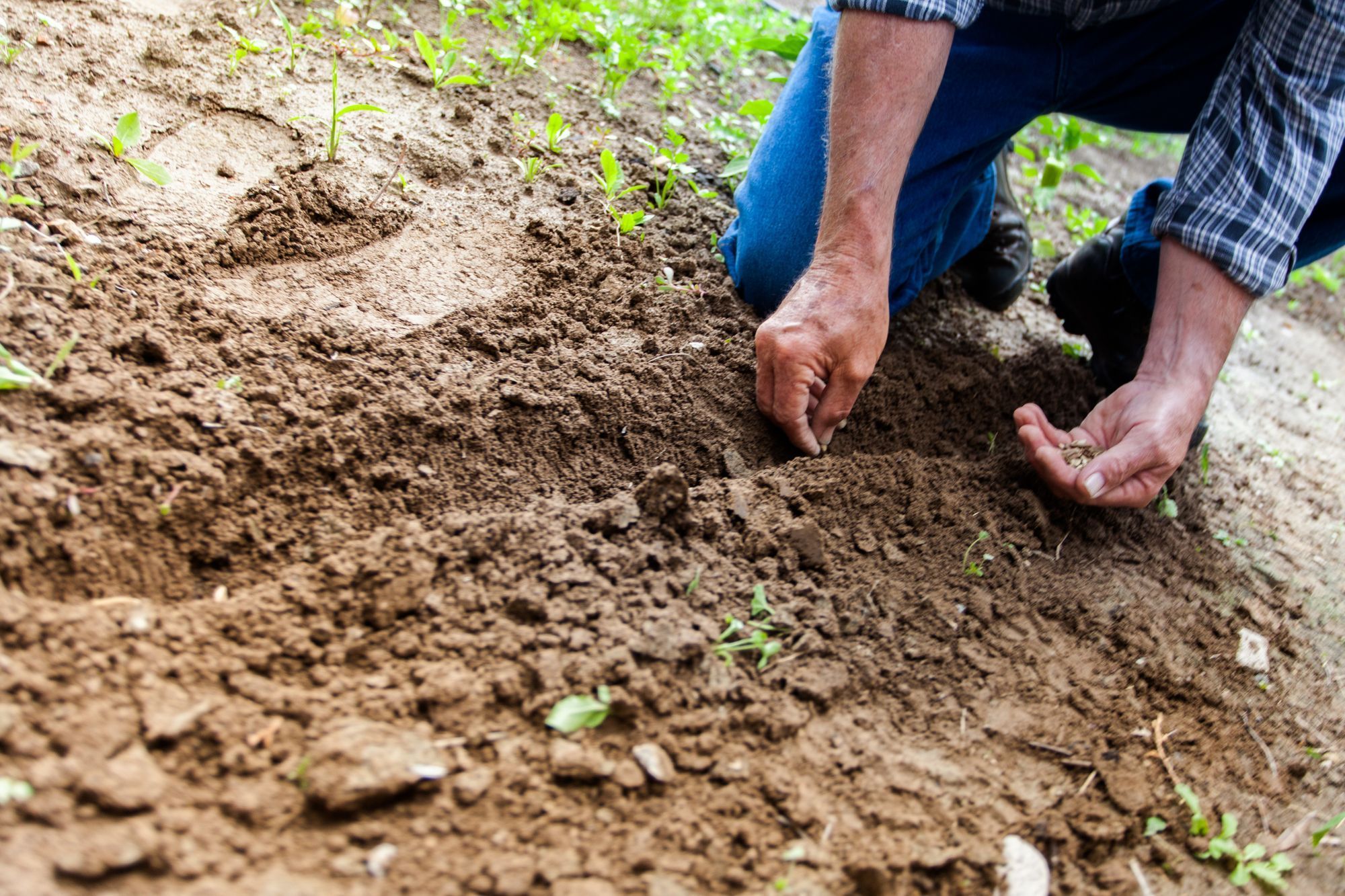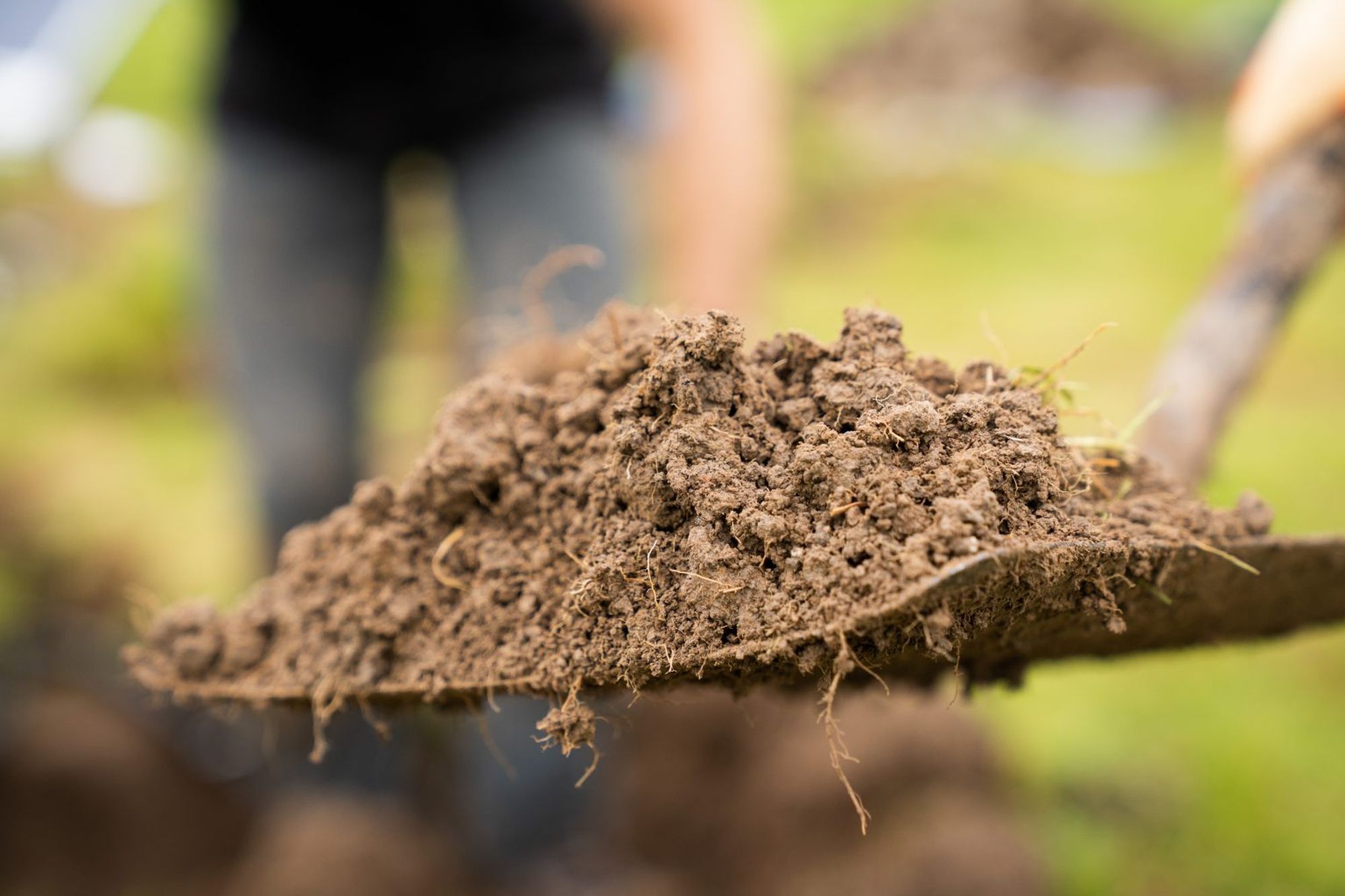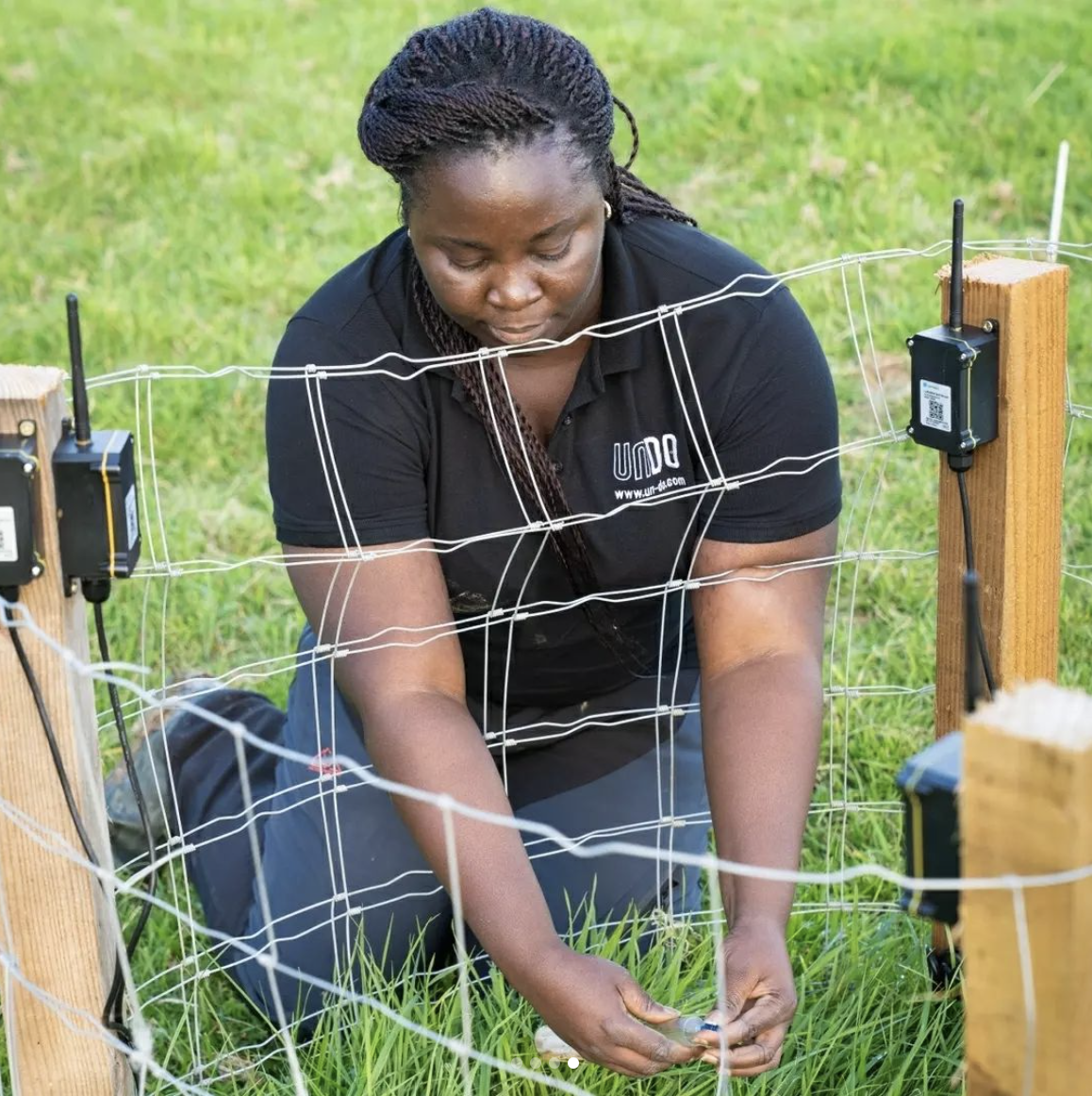Enhanced rock weathering trials are underway
The senior agronomists for Mineral Weathering in Scotland are working closely with other experts to verify soil health benefits of the basalt rock.

Just the gist
Short on time? Here’s what you need to know for this update:
- 🧪 Enhanced weathering trials underway — the senior agronomists for Mineral Weathering in Scotland are working closely with other experts to verify how basalt rock is increasing soil health.
- 📑 Designing experiments to verify impact — the team is writing the first step-by-step methodology for enhanced rock weathering to quantitatively measure its benefits.
For more project updates, follow Wren on Twitter and Instagram.
In case you need a refresher, weathering is the process of minerals breaking down. Natural weathering occurs in the wild when rocks are exposed to the elements. Enhanced weathering leverages this process for scientific benefits. For example, manually applied basalt rock will break down when it rains, raising the pH of a soil system to solidify carbonates and sequester more CO2.
You can also read more about Mineral weathering in Scotland.
Enhanced weathering trials underway
UNDO, the team behind Mineral weathering in Scotland, is conducting enhanced rock weathering operations by partnering with local farmers, research organizations, and independent agronomists (soil scientists) to set up a number of trials to prove how enhanced weathering makes soil healthier.
“There is so much potential in enhanced weathering for farmers… I’m particularly interested in exploring how spreading basalt rock can help maintain the soil pH at the correct level.”
Jez Wardman, senior agronomist
It is common practice that farmers will add lime to their soil if they see a decrease in pH. However, spreading basalt rock could have a preventative benefit that helps keep the soil’s pH from falling in the first place. The reduction on lime costs is a nice bonus, and farms also avoid losing produce due to low pH levels.

Another trial in the works is exploring how basalt rock can combat “hidden hunger,” a phenomenon that occurs when crops lack a nutrient but don’t show the symptoms. It’s often too late by the time farmers notice a problem with their harvest.
“Our enhanced weathering fines contain a range of nutrients that become available over time. Farmers can replace the nutrients in their soil that have been extracted which can prevent micronutrient deficiency from reducing yields, or allow plants to become more resilient to abiotic or biotic stress.”
Ryan Pape, senior agronomist
One of the other developing trials is assessing if enhanced weathering improves the organic matter in soil. This is an interesting topic that is currently also being tested by our Biochar in California project!
The impact of your Wren subscription
Some experiments have already been done, but there are still unanswered questions. One of the biggest uncertainties is if local differences in soil chemistry will have a major impact.
The trials are made possible by selling carbon credits created by using the basalt. Carbon credits, like the ones you purchase through your Wren subscription, provide a new source of funding for the widespread adoption of this technology in areas where it previously would not have been cost-effective.
“This then allows us to reinvest this money in further operations to spread more basalt with the aim of capturing and removing as much carbon dioxide from the atmosphere as possible,” Wardman adds.
Designing experiments to verify impact
At their trial location in Scotland, the project has put down four plots of land with varied treatment densities:
- No crushed basalt application (the control)
- ~20 tonnes of crushed basalt per hectare
- ~75 tonnes per hectare
- ~125 tonnes per hectare
To ensure that weathering is taking place, each plot has sensors to monitor the pH, electrical conductivity, soil temperature, and soil moisture. Soil pore water samplers are also installed to collect water for further testing. Drone imagery and tissue sampling of the grass will additionally help track increasing nutrient content.

This is the first time anybody has tried to get real-time enhanced weathering data from the ground in the UK! It’s important to understand how much quicker enhanced weathering and carbon sequestration occurs compared to natural settings. From there, we can scale the project and make more efficient changes to save the world.
That's all for this update! As always, thank you for your support.
— the Wren team 🧡

